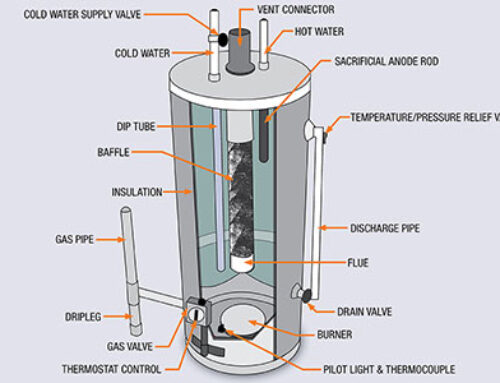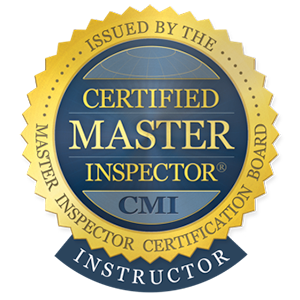 A home inspection is a thorough visual assessment of a home’s condition. It is important for potential buyers to have this done before they buy a home, as it can reveal hidden issues that may have been overlooked by the homeowner. The inspection covers all aspects of a home’s condition, from structural integrity to plumbing and electrical systems. It is also important to note that the inspection is not a guarantee of a home’s condition. Rather, it is an important tool for a buyer to get an idea of the condition of the home before making a purchase.
A home inspection is a thorough visual assessment of a home’s condition. It is important for potential buyers to have this done before they buy a home, as it can reveal hidden issues that may have been overlooked by the homeowner. The inspection covers all aspects of a home’s condition, from structural integrity to plumbing and electrical systems. It is also important to note that the inspection is not a guarantee of a home’s condition. Rather, it is an important tool for a buyer to get an idea of the condition of the home before making a purchase.
When it comes to purchasing a home, having a home inspection contingency is essential. A home inspection contingency allows the buyer to; request repairs, ask for a credit or back out of the contract if certain conditions of the home are not up to their standards following the inspection. This type of contingency is usually included in the purchase agreement so that the buyer has the option to walk away from the home if they are not satisfied with the results of the inspection.
Inspection contingencies are also beneficial for the seller as they provide protection against costly repairs that may be required after the sale is complete. The contingency allows the seller to make repairs or offer a reduction in the sale price if the home does not meet the buyer’s expectations. This also helps to protect the buyer from any unforeseen issues that may arise after the sale.
Inspection contingencies can be complex and there are a few important points to consider. First, the type of inspection that is required should be clearly defined in the purchase agreement. This should include the scope of the inspection, the type of inspector, and the timeline for when the inspection needs to be completed. It’s also important to understand the inspection contingency’s limits and what is covered by it, as it can vary by state and municipality.
In summary, inspection contingencies are an important part of the home buying process. It is important to have a clear understanding of what is covered by the contingency and what type of inspector is needed. With the right knowledge, inspection contingencies can provide peace of mind for both the buyer and the seller.
Thanks for taking the time to read,
Inspection Contingency 101 is an important tool in the home buying process. It ensures that the buyer has an opportunity to back out of the contract if the home does not meet their expectations after inspection. It also benefits the seller by protecting them from any costly repairs that may be required after the sale is complete. It is important to understand the terms of the inspection contingency before signing a purchase agreement.







